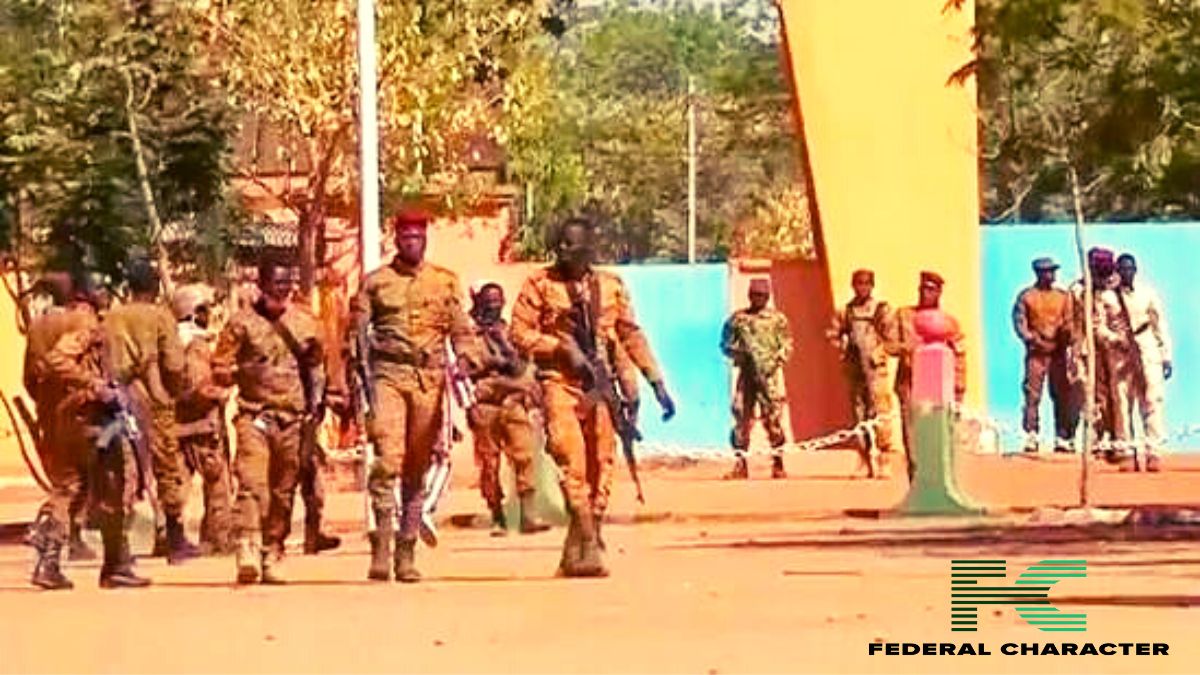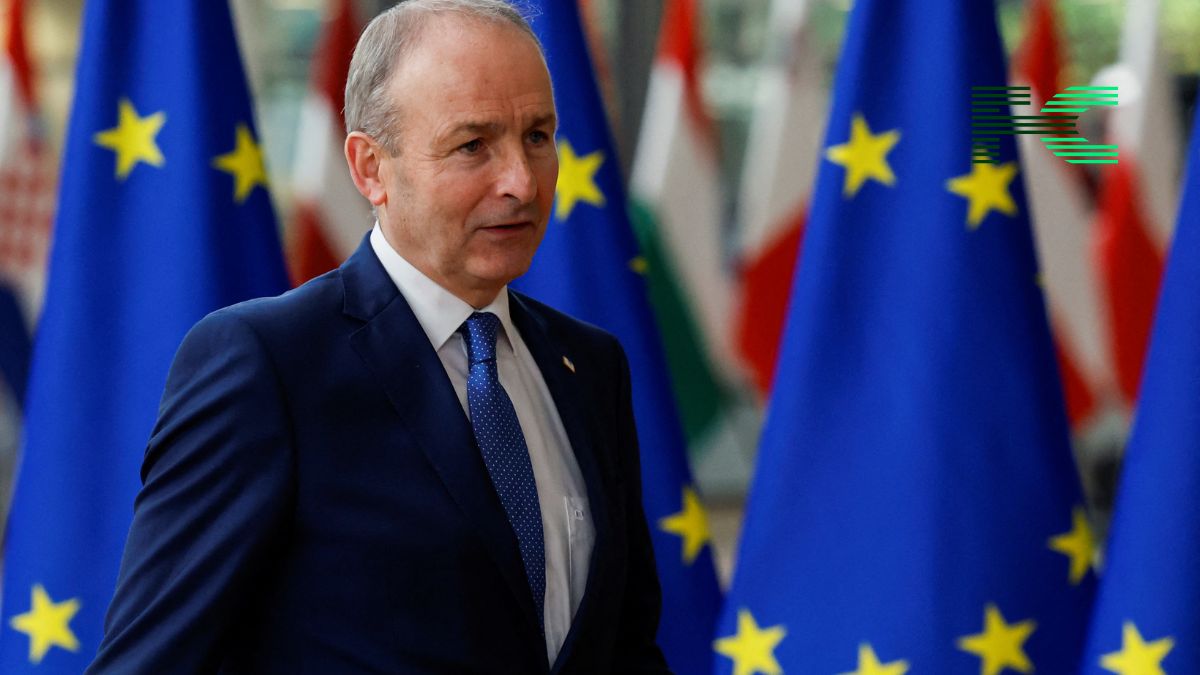In a controversial move, three West African Sahel nations ruled by military juntas – Mali, Niger, and Burkina Faso – have signed a security pact aimed at mutual defense and support. This pact, known as the Alliance of Sahel States, commits these nations to come to each other’s aid in the event of rebellion or external aggression.
The backdrop to this pact is a shared struggle to contain Islamic insurgents with ties to groups like al Qaeda and the Islamic State. Additionally, these countries have faced strained relations with their neighbors and international partners due to the recent military coups that have taken place.
The most recent coup in Niger widened the rift between these three nations and the regional bloc, the Economic Community of West African States (ECOWAS), which has threatened to use force to reinstate constitutional rule in Niger.
In response, Mali and Burkina Faso have pledged their support to Niger in case of an attack. The pact’s charter explicitly states that an attack on the sovereignty and territorial integrity of one party will be considered an aggression against the others, allowing for collective defense, potentially involving armed force.
Mali’s junta leader, Assimi Goita, announced the pact’s signing, emphasizing its aim to establish a collective defense and mutual assistance framework.
All three nations were previously members of the France-supported G5 Sahel alliance joint force, which included Chad and Mauritania. This force was launched in 2017 to combat Islamist extremist groups in the region. However, Mali withdrew from the organization following its own military coup, and Niger’s ousted President Mohamed Bazoum declared the force “dead” after Mali’s departure.
Tensions between France and these three Sahel states have escalated since the coups. France has been compelled to withdraw its troops from Mali and Burkina Faso, and it finds itself in a tense standoff with the junta that seized power in Niger after France was asked to withdraw its troops and ambassador.
The key question arising from this pact is whether these nations can effectively protect themselves through this alliance, and whether it will ultimately prove beneficial. The controversy lies in the ongoing military coups and the uncertainty surrounding their effectiveness in addressing the complex challenges these countries face.














